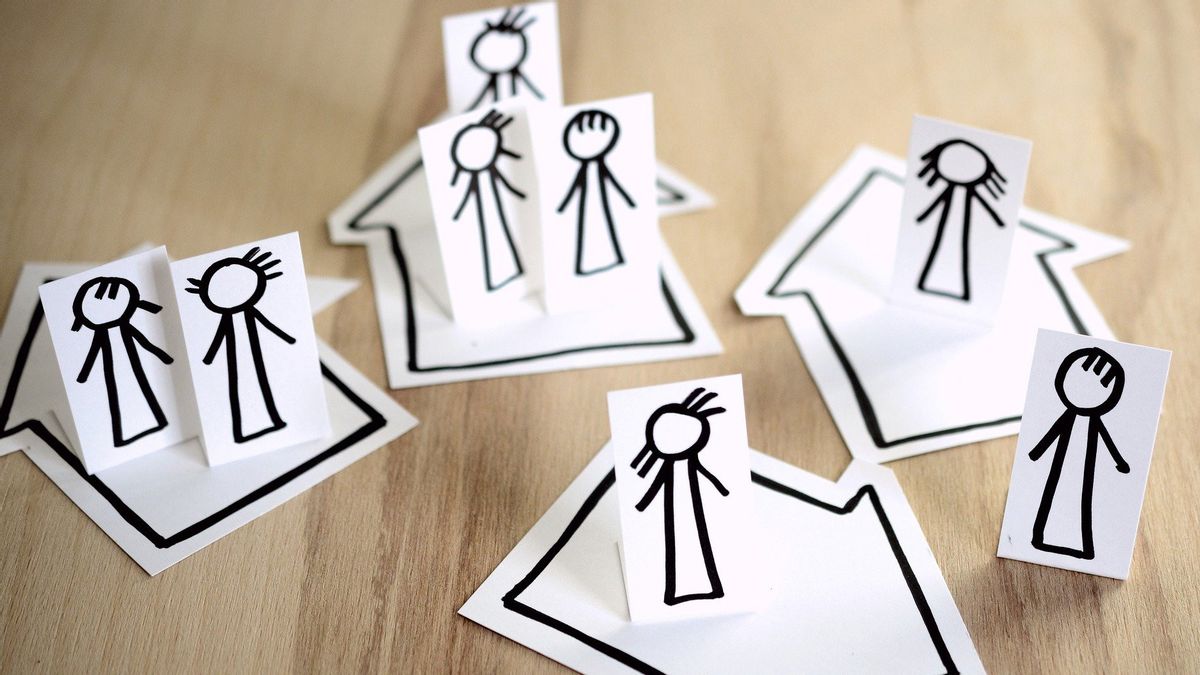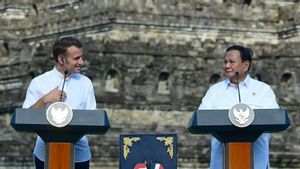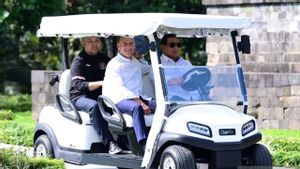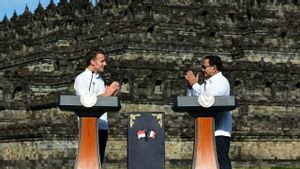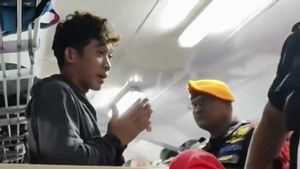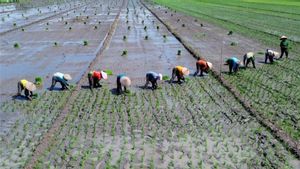JAKARTA - The central government reminds local governments to provide understanding for their citizens regarding the closure of a number of tourist attractions in their area. This closure is at the same time an effort to implement a social distancing policy in preventing the corona virus or COVID-19.
Recently, the social distancing policy, which urged studying and working from home, has even been used as vacation time by several families. In fact, a number of places were reportedly crowded with tourists.
"What needs to be paid attention must be accompanied by communication and education to the public, why are public areas closed. I am talking about tourist attractions. So that there should be no closure of one tourist area to make people move to other tourist attractions that have not been closed," said the Chief Expert of KSP. Brian Sri Prahastuti via videoconference on YouTube BNPB, Wednesday, March 18.
Brian said, when the local government had closed tourist attractions in their area, there were still people visiting, meaning that the local government had not been successful in educating the importance of avoiding crowds during this time of the spread of the corona virus.
"Do not close one tourist area to make people move to other tourist attractions that have not been closed. This means that people do not understand, even though the importance is to avoid crowds and maintain distance," he said.
Public transportation
In addition, Brian said the government has implemented a number of protocols that must be followed by public transportation service providers. This protocol requires each public transportation service provider to disinfect their transportation fleet before transporting passengers to prevent the spread of COVID-19.
"Vehicles are regularly disinfected 2-3 times a day by paying attention to rush hours and paying more attention to areas in the vehicle that are often handled. For example, door handles, handrails and chair rests," he explained.
Not only disinfection, transportation service providers are also responsible for providing masks and hand sanitizers in the fleet, as well as providing videos or educational materials about the spread of COVID-19 in these vehicles.
Meanwhile, at airports, terminals, stations and ports, officers are also required to check the temperature using a thermo scanner or thermo gun.
"Then, arrange the queue within a safe distance, at least one meter. Maintain cleanliness of public areas and perform disinfecting actions in areas that have the potential to transmit the virus, such as in elevators, elevator buttons, handrails, in gates and others," Brian explained, adding that there must be a washbasin with running water, hand soap and clean trash cans around the public area.
To protect officers and employees, public transportation services must also regulate working hours, provide self-protection, and prohibit work if employees are found to be sick. In addition, all standard operating procedures (SOPs) must also pay attention to social distancing.
"Ensuring that he does not transmit the corona virus to others is an important part of implementing this protocol," he said.
The English, Chinese, Japanese, Arabic, and French versions are automatically generated by the AI. So there may still be inaccuracies in translating, please always see Indonesian as our main language. (system supported by DigitalSiber.id)
